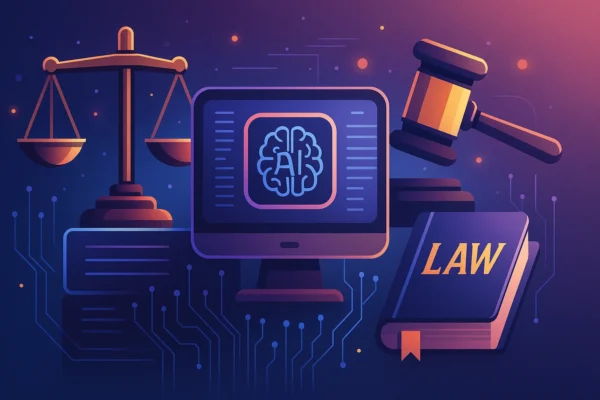
In the realm of rare disease diagnosis, where patients often face prolonged diagnostic journeys, DxGPT emerges as a groundbreaking AI-driven tool. Developed by Foundation 29 in collaboration with Microsoft, DxGPT leverages advanced language models to assist healthcare professionals in identifying rare diseases more efficiently.
Addressing the Diagnostic Odyssey
Traditionally, diagnosing rare diseases has been a complex and time-consuming process, often taking years and involving multiple specialists. DxGPT aims to streamline this by allowing clinicians to input patient symptoms in natural language. The tool then analyzes this information, cross-referencing it with extensive medical databases to suggest potential diagnoses. This approach not only accelerates the diagnostic process but also enhances accuracy.
Integration with Healthcare Systems
DxGPT is designed for seamless integration into existing healthcare infrastructures. For instance, in Madrid, a localized version named SermasGPT has been incorporated into the public healthcare system’s electronic medical records. This integration enables primary care physicians to utilize the tool directly within their workflow, facilitating quicker and more informed diagnostic decisions.
Technical Foundation and Performance
At its core, DxGPT utilizes GPT-4, a state-of-the-art language model, to interpret and analyze patient data. The tool’s efficacy has been demonstrated in studies where it achieved a 60% accuracy rate in matching the first suggested diagnosis with the confirmed one, and a 65% accuracy rate within the top five suggestions. These metrics highlight its potential as a valuable decision-support system in clinical settings.
Global Reach and Accessibility
DxGPT’s open-source nature and free accessibility make it a scalable solution for healthcare providers worldwide. Its multilingual interface ensures usability across diverse populations, breaking down language barriers in medical diagnostics. With over 62,000 new users in the past year and daily usage by more than 450 healthcare professionals globally, DxGPT is rapidly gaining traction.
Future Prospects
Looking ahead, Foundation 29 plans to expand DxGPT’s reach by collaborating with healthcare systems in other countries and enhancing the tool’s capabilities. This includes integrating virtual personal health assistants and pursuing medical device certifications to further solidify its role in clinical practice.
DxGPT represents a significant advancement in the application of AI for healthcare, offering a promising solution to the challenges of rare disease diagnosis. Its integration into healthcare systems, combined with its technical robustness and global accessibility, positions it as a transformative tool in modern medicine.






